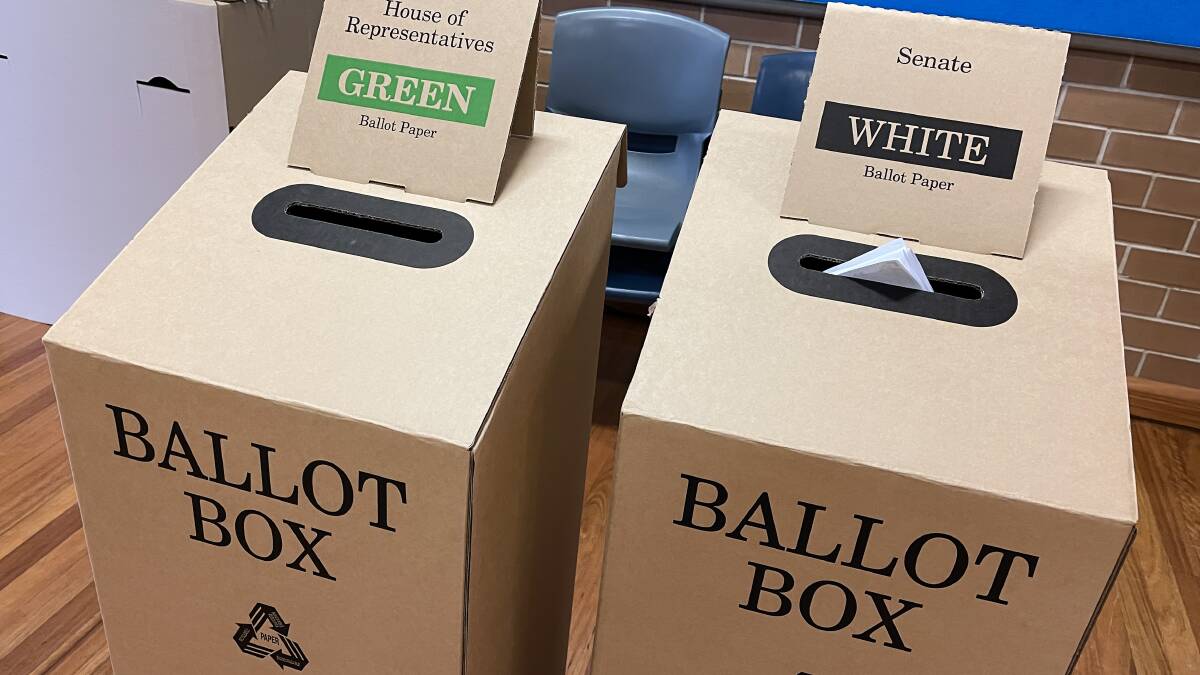
While Wannon's vote count is up in the air, Liberal incumbent Dan Tehan is heavily favoured to come out ahead when the two candidate preferred count is finally completed.
Subscribe now for unlimited access.
or signup to continue reading
But if Mr Tehan does get over the line, it will likely be with his margin halved, from 10 per cent in 2019 to five per cent in 2022.
Combine that with a primary vote swing against him of nearly seven per cent and a doubling of independent opponent Alex Dyson's primary vote, and it leaves the outgoing Trade Minster with much to consider.
IN OTHER NEWS:
La Trobe University Emeritus Professor of Politics Dr Judith Brett said the Coalition government's attitude to climate change would have been one of the factors animating Mr Dyson voters and working against Mr Tehan.
"I think the whole of the Liberal party needs to take from this vote that they're paying a price for their climate denialism," Dr Brett said.
"Even though Morrison had successfully moved away from the real head-in-the-sand position he was still walking both sides of the street... it just didn't seem like they took it seriously."
But Dr Brett said Mr Dyson's campaign, running on local issues in a regional electorate, should be distinguished from those run by the "teal independent" candidates.
"The Dyson strategy is very much the program that Cathy McGowan ran on in Indi. She didn't win off big policy positions, she ran off the idea that we need to make the seat marginal and fix things like road and mobile black spots," Dr Brett said.
"That's a big difference from the teal independents, who ran on big national policy issues."
Saturday's election was historic for the major parties in Wannon, and not in a good way.
The Liberal primary vote, at just under 45 per cent, was the lowest it had been at a federal election since 1949, when the party had only just been formed. The Labor primary vote appears to have dropped below 20 per cent, the lowest result on record. The Greens also recorded their worst vote share since 2004.
Dr Brett said voters in electorates with strong independent candidates had generally put much more thought into their vote.
"I think what we've seen with independent candidates is people becoming a lot more strategic with their vote. I think a lot of Labor voters have gone teal because they see they're not going to win. With the preferential system you can do that and know your vote isn't wasted."
Dr Brett said that would account for some of the drop in Labor's primary vote.
But she said the main lesson for the major parties was that many voters had started believing in a system beyond two-party politics and the wave of strong independent candidates would remain a major factor next election.
"If Tehan is performing OK as a good local member he may be safe. But the result still shows a new consciousness in the electorate that voters don't just have two options," she said.
Our journalists work hard to provide local, up-to-date news to the community. This is how you can access our trusted content:
- Bookmark https://www.standard.net.au/
- Make sure you are signed up for our breaking and regular headlines and newsletters
- Follow us on Facebook, Twitter, Instagram and LinkedIn
- Tap here to open our Google News page.
- Join our Courts and Crime Facebook group and our dedicated Sport Facebook group
- Subscribe















